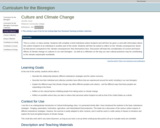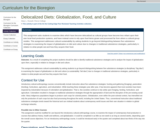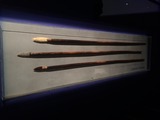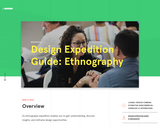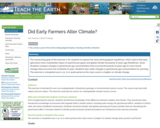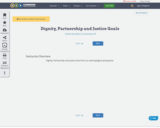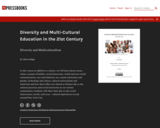Diversity and Multiculturalism
Short Description:
In this course in addition to culture, we will learn about norms, values, systems of beliefs, social interaction, verbal and non-verbal communication, race and ethnicity, sex, sexual orientation and gender, technology and culture, cultural universalism and relativism and how these affect our shared or distinct day to day cultural practices and social interaction in our various communities. Students will share their day-to-day social interactions, travels, and cross - cultural experiences in and around New York City.
Long Description:
The fundamental knowledge of understanding culture and teaching from diverse backgrounds. Examination of the nature and function of culture, development of individual and group cultural identity, definitions and implications of diversity, and the influences of culture on learning, development, and pedagogy. This course has a required field experience component – an ethnographic survey of diverse cultures and groups in New York City.
At the end of this course, students will work on an assignment on eliminating biases, prejudice, racism, discrimination on gender, sexual, cultural, religious, disabilities, and aging. They will provide recommendations, suggestions and solutions on how to promote diversity, inclusion, equity, cross-cultural understanding and include anti – racist activities in schools and in our communities. The assignment will be based on student experiences or observations as a minority or majority living in the US. In addition, students will provide critical thinking analysis on case study scenarios on issues in cultural diversity and multi -culturalism as they relate to the individual and society.
This course has been designated as an OER / COIL / ZTC . The instructor will provide the learning materials and will collaborate with a faculty at the Institute for Cultural Studies at the Obafemi Awolowo University [OAU], Nigeria in providing additional learning resources on “living in complex societies”. A list of recommended texts have been provided for students wishing to obtain them for their personal libraries and research.
Please see the Note/Disclaimer page for book content info.
Word Count: 140711
(Note: This resource's metadata has been created automatically by reformatting and/or combining the information that the author initially provided as part of a bulk import process.)

